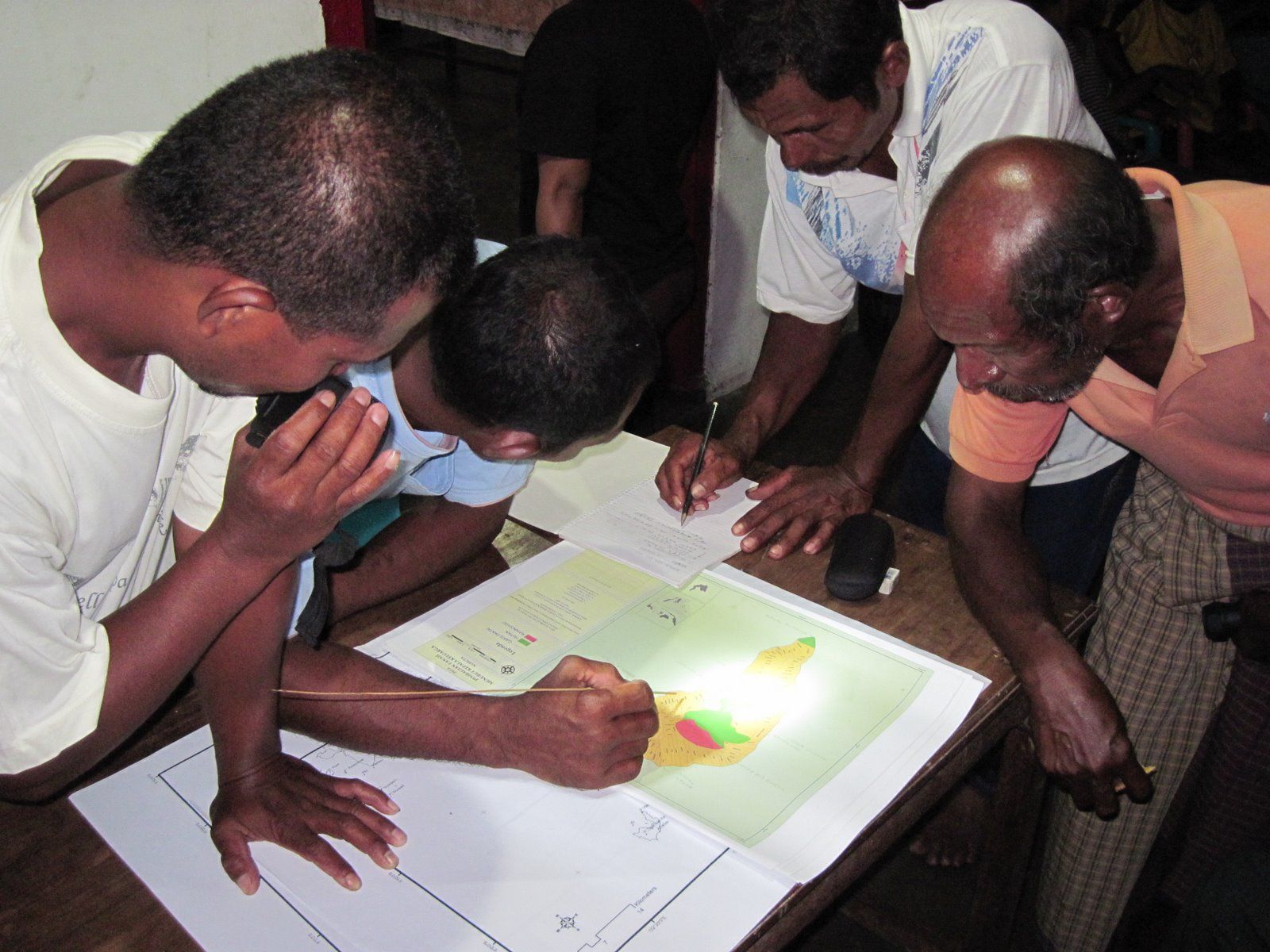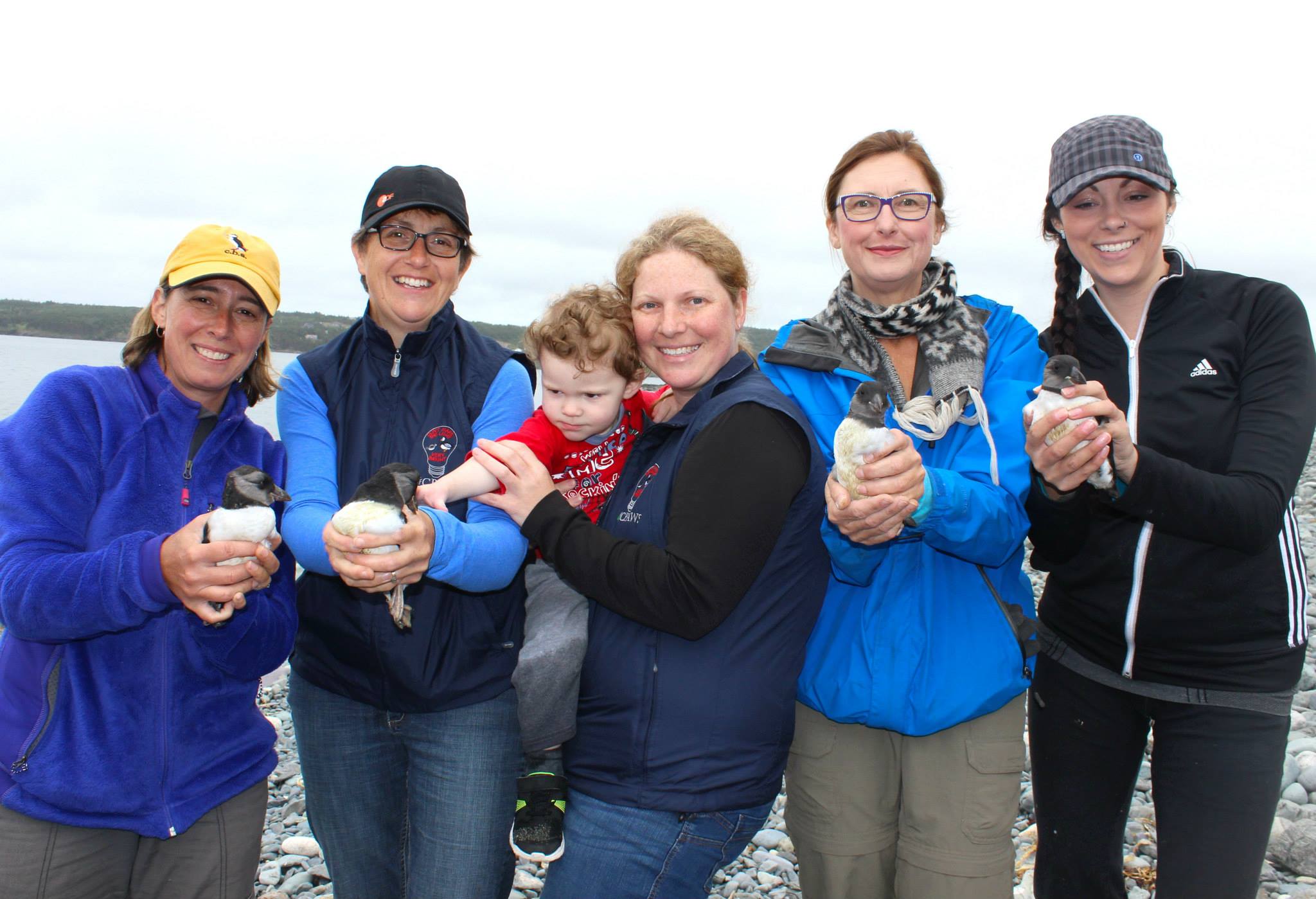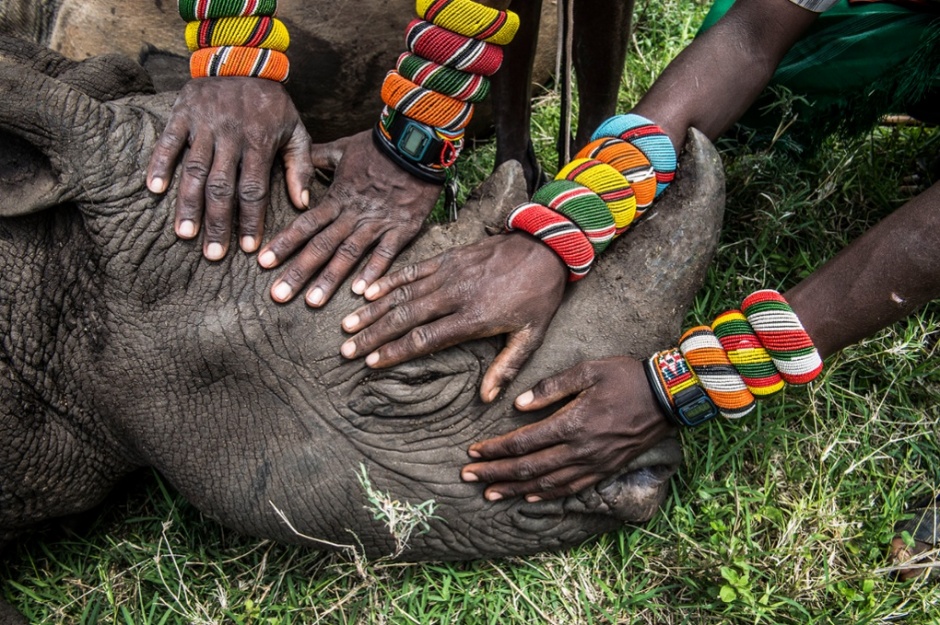Predator Free New Zealand
Can ancient unique ecosystems be protected in an age of global movement of plants and animals? Predator Free New Zealand 2050 is a plan being implemented by the New Zealand government to eliminate all invasive vertebrate predators, including rats, brushtail possums, and stoats, to protect New Zealand's rare endemic species. The government plan arises from a broader set of social and scientific initiatives. The plan aims to dramatically reduce NZ’s populations [...]




